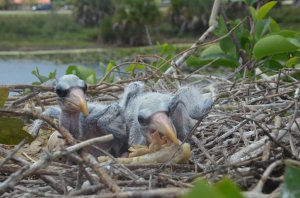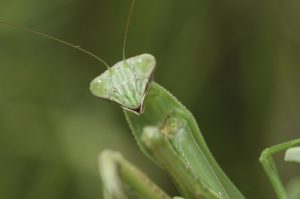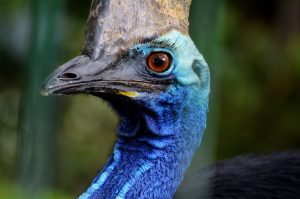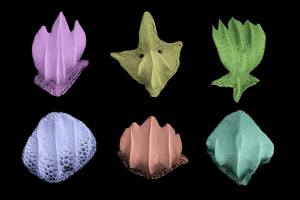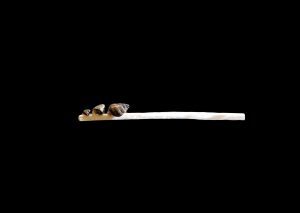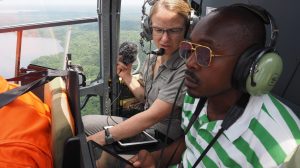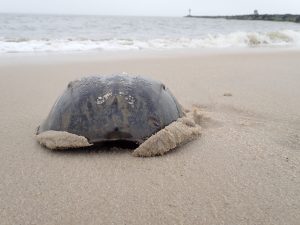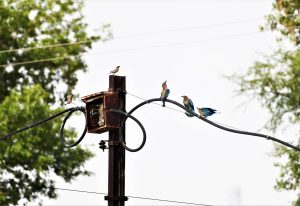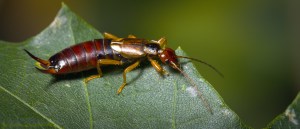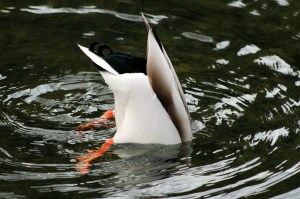Discover stories in Environments
Dumpster Diving Helps Urban Wood Storks Survive
New research suggests that urban environments can act as a buffer for wetland bird species when natural food sources become unpredictable.
Eat, Prey, Love: Fast Facts on the Remarkable Praying Mantis
Now is a great time to encounter this common backyard predator.
Cassowary Quest: A Tale of Danger and Defecation
Cassowaries — and their massive piles of poop — are incredibly important to the rainforest ecosystems where they live.
How Do You Count Sharks When You Can’t See Them?
Scientists are studying coastal shark communities around coral reefs by looking at what the animals leave behind: pieces of their skin.
A Field Guide to Finding Cool Moths
Finding and identifying moths is a growing nature hobby. Here’s how to get started.
Hawaiʻian Snails: A Tale of Discovery and Rediscovery
A new Hawaiʻian snail species is described for the first time in 60 years.
Campground Critters: A Natural and Personal History
Outhouse porcupines led me away from camp…and to a naturalist’s life.
Better Mapping for Better Management of Gabon’s Coastal Wetlands (and Beyond)
If a picture is worth a thousand words, an accurate map may well be worth an entire novel. In Gabon, scientists are working to map a healthy future for Gabon's coastal wetlands.
The Weird, Wondrous and Vulnerable American Horseshoe Crab
Can the horseshoe crab, an animal that has survived largely unchanged for 450 million years, continue its remarkable record of longevity in a world dominated by humans? Maybe. Maybe not.
Backyard Birding in Central India to Beat Lockdown
An Indian nature photographer finds solace in the birds viewed from his balcony.
Weird and Unbelievable Facts About Earwigs
From caring mothers to strange courtship, earwigs are full of surprises.
Can Duck Poop Spread Invasive Fish?
New research shows carp eggs can remain viable after passing through a duck’s digestive tract.
